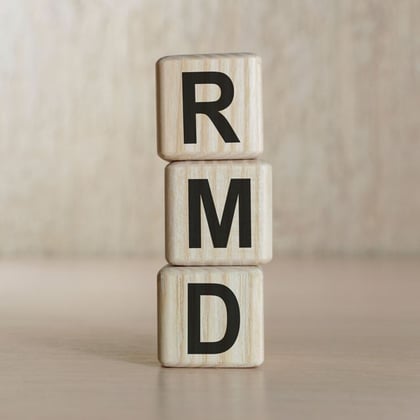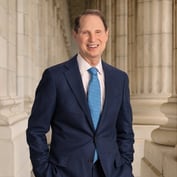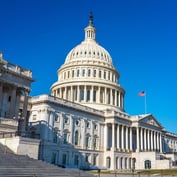What You Need to Know
- Most Americans need the money to live on and are already withdrawing at least the minimum, CPA Jeffrey Levine says.
- One upside to RMDs is that they're “accidentally a very efficient way to withdraw money from your IRAs,” Professor Michael Finke says.
- A better option would be to eliminate RMDs for those with only $50,000-$100,000 in their retirement plans, Levine argues.
The proposed increase of the required minimum distribution age from 72 to 75 inspired a spirited debate on Twitter as retirement experts weighed in on the issue.
House Ways and Means Committee Chairman Richard Neal, D-Mass., said Thursday that he’ll be moving through his committee “in the next few weeks” the Securing a Strong Retirement Act of 2020, commonly called Secure Act 2.0, which includes the proposed RMD age change.
“Affluent retirees do love to hate their required minimum distributions, but delaying RMDs to age 75 is truly a solution in search of a problem, IMO,” Christine Benz, director of personal finance at Morningstar, tweeted Thursday.
“There are so many things wrong with delaying RMDs,” Michael Finke, retirement professor at The American College of Financial Services, tweeted in response.
“RMDs are progressive,” he argued. “They incent retirees to spend dollars that taxpayers paid to shelter. They provide a flexible spending rule. The industry knows delaying RMDs means more money stays in accounts. And rich retirees hate them.”
Elaborating on his comments, Finke told ThinkAdvisor by phone on Friday: “RMDs exist so that the government can get part of their tax money back that they have subsidized. The whole purpose of 401(k) plans — of the whole defined contribution system — [and] the reason that we spend $150 billion every year to subsidize it is to help people live better in retirement.”
If retirees “never spend the money — if they simply pass it on to the next generation — then why did we spend all that money to improve your retirement security?” he asked rhetorically.
“When we delay RMDs, all we do is we defer the removal of those assets from those publicly subsidized accounts,” he explained. “So we provide an additional subsidy so that you can keep that money in there,” in the case of Secure Act 2.0, for another three years. “You’re placing that burden on taxpayers in order to allow retirees to wait a few more years before they start pulling the money out of these accounts.”
There is, however, an “upshot” to RMDs, he pointed out, saying “they’re accidentally a very efficient way to withdraw money from your IRAs.”
Accidentally because “they were really constructed as a way to encourage workers to pull money out over the course of their lifetime and it’s actually a very good method for pulling money out of your IRA because it takes two pieces of information into account: your remaining expected longevity and the amount of money that you have in your IRA balance,” he explained.
“That’s actually a more efficient way to create a drawdown from your retirement savings than the 4% rule,” he added.
Tax-Deferred, Not Tax-Free
“Nobody likes taking RMDs,” Aron Szapiro, head of policy research at Morningstar, told ThinkAdvisor. After all, “these are tax-deferred, not tax-free, accounts.”









 April 16, 2021 at 05:17 PM
April 16, 2021 at 05:17 PM











